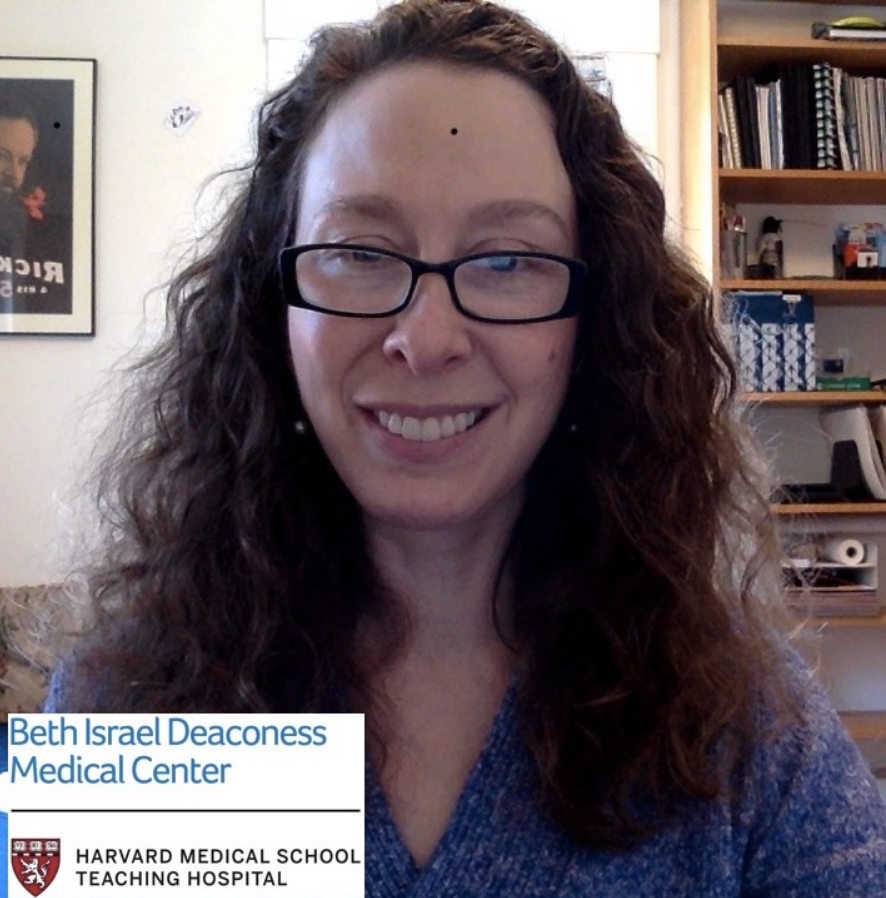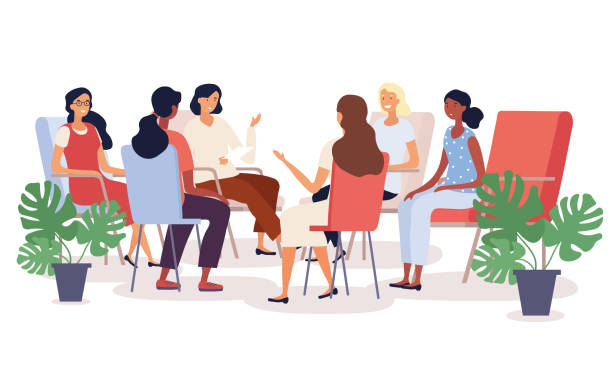In this course:
This online training gives clinicians concrete, ready-to-use strategies for working with families of individuals experiencing early psychosis. Although family intervention is one of the most strongly evidence-based treatments for psychosis, it is often underutilized because clinicians feel unsure how to put it into practice. This training is designed to close that gap by offering practical tools you can use immediately in sessions, such as:
.png)
Practical Communication Tools
Evidence-based techniques to reduce conflict, strengthen collaboration, and help families communicate more effectively.
Skill-Building with Real Cases
Interactive demonstrations, role plays, and case discussions that give clinicians confidence using strategies in real-world sessions.
Addressing Common Dilemmas
Guidance on tackling challenges such as lack of engagement, confidentiality concerns, family accommodations to anxiety and avoidance, and untreated co-morbid conditions.
This 4-hour, interactive webinar will cover:
Why Families Matter in Early Psychosis Care • Benefits and challenges of family involvement. • Overcoming barriers like stigma, cultural factors, and treatment resistance. Practical Strategies for Real-World Challenges • Communication techniques that reduce conflict and strengthen collaboration. • Tools to reduce parental accommodation of anxiety. • Problem-solving supports for cognitive and functional difficulties. Skill Practice & Feedback • Guided role plays, case-based discussion, and 2-minute practice drills. • Opportunities to try out strategies and refine skills with feedback. Managing Common Pitfalls • Productive ways to respond to resistance, conflict, and setbacks.
Monthly Consultation Group: Expert Support for Family Work in Early Psychosis
Family intervention is one of the most strongly evidence-based treatments for psychosis, yet many clinicians struggle with confidence when putting it into practice. This 5-month online consultation group offers the practical support you need to bridge that gap. These sessions will occur monthly on the 2nd Wednesday of the month for 5 months starting in January. Led by an expert in early psychosis care, each 50-minute session provides: - Case-Based Guidance: Get direct feedback on your most challenging family cases. - Solutions to Common Dilemmas: Strategies for family disengagement, confidentiality concerns, parental accommodations to anxiety/avoidance, and comorbid conditions. - Peer Collaboration: Learn from other clinicians’ experiences, share successes, and build confidence applying family-centered tools in real practice. - Join a community of practice that goes beyond theory — and leave each session with concrete strategies you can use the very next day in your work.
Understand core principles and strategies for engaging families in early psychosis care.
Gain practical strategies to enhance family communication, foster collaboration, and address anxiety and cognitive challenges effectively.
Feel more confident in addressing barriers and supporting families as partners in treatment.
Continuing Education Issued: 8 CE Credits
Participants will receive a certificate of completion for this course and must attend the entire program in order to claim credit (no partial credit is available). Physicians: We can provide a certificate that you can use to claim Category 2 credits. Psychologists: The Department of Psychiatry at Beth Israel Deaconess Medical School, a major teaching hospital of Harvard Medical School, is approved by the American Psychological Association to offer continuing education for psychologists and maintains responsibility for this program. This program meets criteria for 8 credits for the training and consultations. Counselors: The Department of Psychiatry at Beth Israel Deaconess Medical Center has been approved by NBCC as an Approved Continuing Education Provider, ACEP No. 5689. Programs that do not qualify for NBCC and is solely responsible for all aspects of the programs. This program meets the criteria for 8 credits for the training and consultations. Nurses: The workshop meets the specifications of the Board of Registration in Nursing in Massachusetts (244 CMR). Social Workers: Application pending with the Massachusetts Chapter of the National Association of Social Workers for 8 credits for the training and consultations.
Meet the Trainer

Dr. Michelle Friedman-Yakoobian is an Assistant Professor of Psychiatry at Harvard Medical School and a nationally recognized expert in early psychosis care. She co-founded the CEDAR Clinic in 2009, where she serves as Director of Research and Development, supervising trainees, providing clinical consultations, and delivering individual and family therapy. She has supervised more than 100 clinicians and trainees and finds great fulfillment in mentoring the next generation of mental health professionals.
Register Now for Early Bird Pricing!
Take the first step towards enhancing your skills and confidence in working with families of individuals with early psychosis. Join our interactive workshop now. If you are enrolled in a post-secondary educational institution, use code STUDENT50 for 50% off. The first 5 registrants who book the follow‑up consultation option will receive $50 off with code CONSULT50
$500.00
